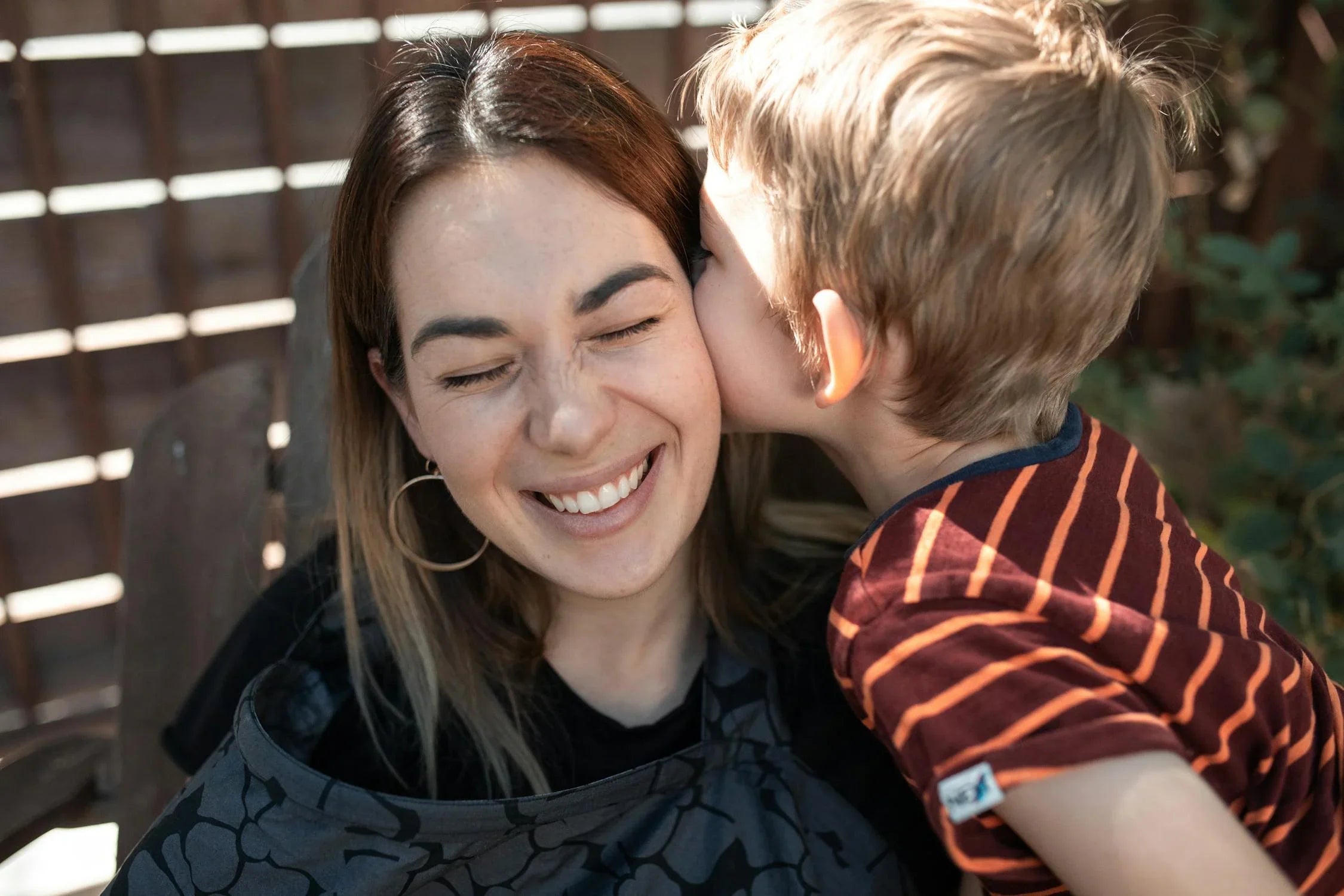Inicio
Pregnancy, Breastfeeding, and Pumping: The Ultimate Guide for Moms
How Early Can a Pregnancy Test Show Positive: A Comprehensive Guide

How Early Can a Pregnancy Test Show Positive: A Comprehensive Guide
When it comes to pregnancy, timing is everything. Many women wonder, how early can a pregnancy test show positive? The answer depends on several factors, including the type of test used, the sensitivity of the test, and the timing of implantation. This article dives deep into the science of early pregnancy detection, offering insights and tips to help you navigate this crucial period.
Understanding Pregnancy Tests
Pregnancy tests work by detecting the presence of human chorionic gonadotropin (hCG), a hormone produced by the placenta after implantation. There are two main types of pregnancy tests: urine tests and blood tests. Urine tests are the most common and can be done at home, while blood tests are typically performed in a medical setting and are more sensitive.
How Early Can a Pregnancy Test Show Positive?
Most home pregnancy tests claim to detect pregnancy as early as the first day of a missed period. However, some highly sensitive tests can detect hCG levels as low as 10 mIU/mL, which may allow for detection as early as 7-10 days after conception. It's important to note that implantation typically occurs 6-12 days after ovulation, and hCG levels double every 48-72 hours in early pregnancy.
Factors Affecting Early Detection
Several factors can influence how early a pregnancy test can show positive:
- Test Sensitivity: Tests with lower hCG thresholds can detect pregnancy earlier.
- Timing of Implantation: Implantation timing varies, affecting when hCG production begins.
- Urine Concentration: Testing with first-morning urine, which is more concentrated, can improve accuracy.
- Individual hCG Levels: hCG levels vary among women, impacting when they can be detected.
Tips for Accurate Testing
To increase the accuracy of early pregnancy testing, consider the following tips:
- Use a Highly Sensitive Test: Opt for tests with lower hCG thresholds for early detection.
- Test with First-Morning Urine: This ensures the highest concentration of hCG.
- Follow Instructions Carefully: Improper use can lead to false results.
- Wait for the Right Time: Testing too early may result in a false negative.
What to Do If You Get a Positive Result
If your pregnancy test shows positive, it's important to confirm the result with a healthcare provider. They may perform a blood test or ultrasound to confirm the pregnancy and provide guidance on next steps. Early prenatal care is crucial for a healthy pregnancy.
Common Questions About Early Pregnancy Testing
Here are answers to some frequently asked questions about early pregnancy testing:
Can a Pregnancy Test Be Positive Before a Missed Period?
Yes, some highly sensitive tests can detect pregnancy before a missed period, but results may vary.
What Causes False Positives?
False positives can occur due to evaporation lines, certain medications, or medical conditions like ovarian cysts.
How Soon Can I Retest After a Negative Result?
Wait at least 48 hours to allow hCG levels to rise before retesting.
Understanding how early a pregnancy test can show positive empowers you to make informed decisions during this exciting time. By choosing the right test, timing it correctly, and following up with a healthcare provider, you can navigate early pregnancy with confidence. Ready to take the next step? Start by selecting a reliable test and preparing for the journey ahead.
Compartir

